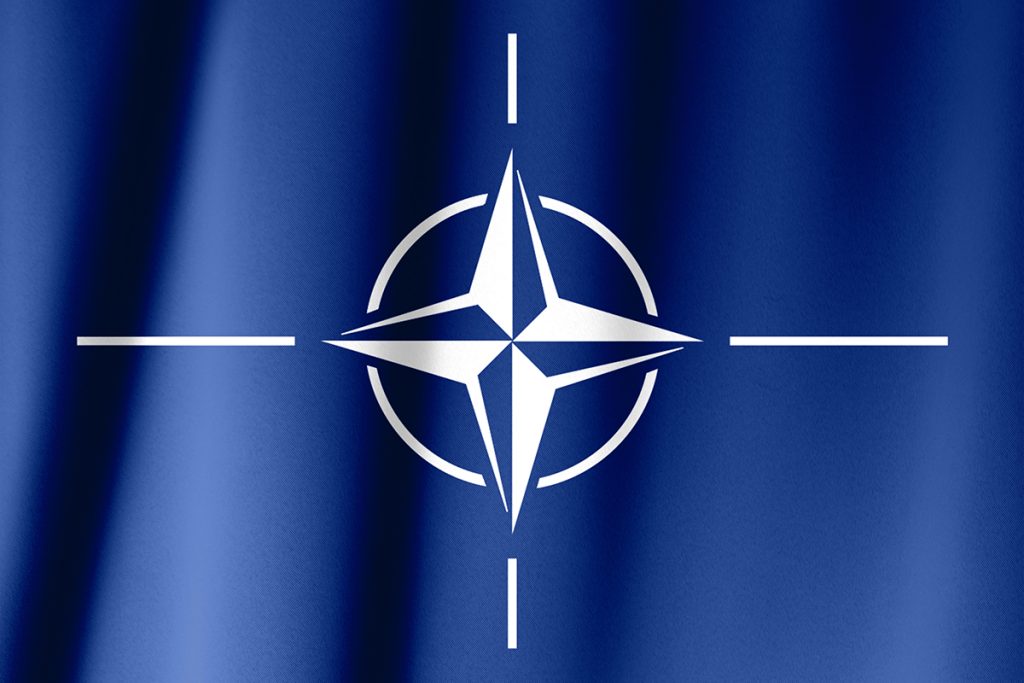China has firmly criticized NATO’s recent actions, accusing the alliance of seeking security at the expense of other nations and cautioning against introducing “chaos” to the Asia-Pacific region. This stern warning comes in response to NATO’s designation of China as a “decisive enabler” of Russia’s ongoing conflict with Ukraine.
The Chinese Foreign Ministry highlighted that NATO’s accusations of China’s involvement in the Ukraine issue are not only unfounded but also reflect sinister motives. China has maintained a neutral stance on the Ukraine conflict, avoiding condemnation of Russia’s actions and refraining from labeling the invasion as aggression. This neutral position aligns with China’s growing trade relationship with Russia, which has helped offset the impact of Western sanctions on Moscow.
NATO’s recent summit in Washington emphasized China’s significant role in supporting Russia through a “no-limits partnership.” This partnership, according to NATO, includes substantial support for Russia’s defense industrial base. China has defended its trade with Russia, asserting that it adheres to World Trade Organization rules and is both legitimate and reasonable.
China’s stance on NATO’s expansion and influence is clear. It supports Russia’s view that NATO’s enlargement poses a threat to Russian security. The ongoing conflict in Ukraine has paradoxically strengthened NATO, prompting Sweden and Finland to join the alliance. This expansion has intensified China’s concerns about NATO’s growing presence and relationships in the Indo-Pacific region.
NATO’s increasing engagement with countries like Australia, Japan, and South Korea has been particularly alarming for China. These nations sent high-level representatives to the recent NATO summit, signaling a potential shift in regional dynamics that China is keen to oppose. The Chinese Foreign Ministry urged NATO to cease interfering in China’s internal affairs and to avoid creating turmoil in Asia, similar to the perceived chaos it has caused in Europe.
In a demonstration of its military cooperation with Russia, China has dispatched troops to Belarus for joint exercises near the border with NATO member Poland. These drills, the first of their kind with Belarus, are framed as routine military operations not aimed at any particular country. Belarus, an ally of Russia with a single-party system under President Alexander Lukashenko, has a history of suppressing political dissent, most notably during the 2020 mass protests.
China’s participation in the Shanghai Cooperation Organization (SCO) further solidifies its strategic alliances. The SCO, which includes Russia, several Central Asian nations, India, and most recently Belarus, serves as a counterbalance to Western influence in the region. However, the rising influence of China within the SCO has led to tensions with Russia, particularly regarding former Soviet territories.
The recent SCO summit in Kazakhstan saw Russian President Vladimir Putin and Chinese President Xi Jinping reiterate their positions on the Ukraine conflict. Putin demanded that Ukraine withdraw its troops from Russian-occupied territories, a stance firmly rejected by Ukraine. China’s peace proposal for the conflict, which lacks provisions for the return of Ukrainian territories, has also been dismissed by Kyiv.
China and Russia have closely aligned their foreign policies in opposition to Western powers, with Russia becoming increasingly dependent on China for trade. This relationship is crucial for Russia as it faces extensive international sanctions, making China a key market for its oil and gas exports.
As NATO continues to expand its influence and partnerships, China’s warnings highlight the complex geopolitical landscape. The interplay between NATO’s strategic moves and China’s defensive posture underscores the growing tensions that could shape future international relations in both Europe and Asia.


